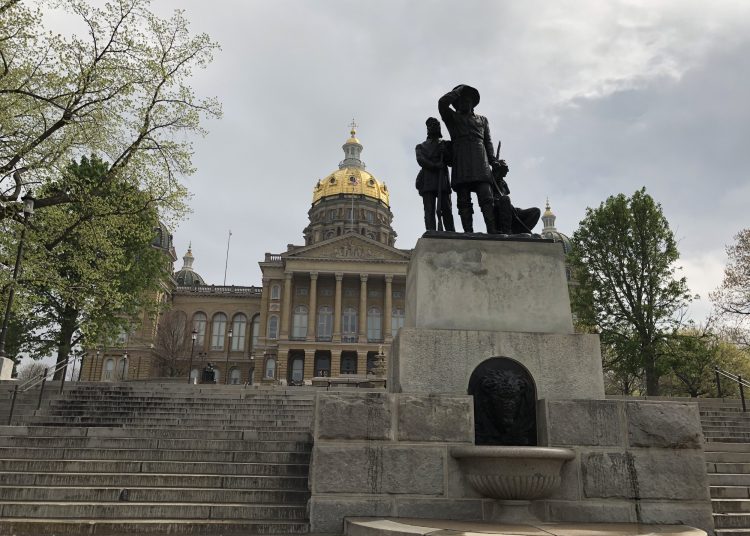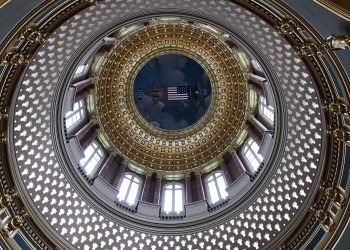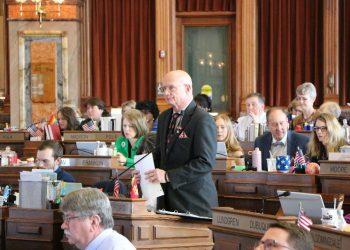DES MOINES, Iowa – The Iowa House of Representatives passed a bill, HF 2437, that protects Iowans’ right to their free exercise of religion last Thursday.
State Rep. Skyler Wheeler, R-Orange City, the bill’s floor manager, introduced the bill.
“It simply says that if a government is going to treat secular conduct, secular business, etc, one way they have to treat religious conduct the same way as well,” he said.
No one offered any additional remarks, and the chamber held a vote.
The bill passed 93 to 1. State Rep. Charles Isenhart, D-Dubuque, was the lone no vote.
HF 2437 is a response to COVID-19 restrictions seen in other states where churches were shut down, but other businesses, such as casinos in Nevada, were allowed to stay open.
The bill prohibits a governmental entity from burdening a person’s free exercise of religion. The bill also prohibits governmental entities from treating religious conduct more restrictively than any secular conduct of reasonably comparable risk or treating religious conduct more restrictively than similar secular conduct because of alleged economic need or benefit.
The bill provides that a person whose free exercise of religion has been burdened in violation of the bill may assert that violation as a claim or defense in a judicial or administrative proceeding. It also provides that the governmental entity may be liable for actual damages, attorney fees, costs, and other appropriate remedies and allows the person to obtain injunctive relief against the governmental entity.
Finally, HF 2437 also prohibits a county or city from enacting a private or civil law that would burden a person’s free exercise of religion.
The Iowa Senate version of the bill, SF 2284, that passed out of committee has not come up for a vote in the Iowa Senate. However, since it is attached to the Iowa House bill, it is still eligible for debate even though the second funnel deadline has passed.
SF 2284, however, includes language similar to the federal Religious Freedom Restoration Act. It states that a governmental entity shall not substantially burden a person’s free exercise of religion unless the governmental entity can demonstrate that the action constituting or resulting in the burden is in furtherance of a compelling governmental interest and is the least restrictive means of furthering that interest.














